I haven’t been posting regularly about recent talks and publications, so here are a few more highlights from the second part of 2022:
- Colleagues and I published a paper on training RRG parsers on low resource languages, including Daakaka data.
- I gave a talk at the awesome linguistics department in Cologne, with a few more thoughts about wordhood in Daakaka.
- I was also invited to the phenomenal UT Texas (which curiously expands to University of Texas at Austin) department of linguistics, which combines two of my favourite subjects, linguistic fieldwork and formal semantics. This gave me a chance to get back to some of my ideas about modal semantics.

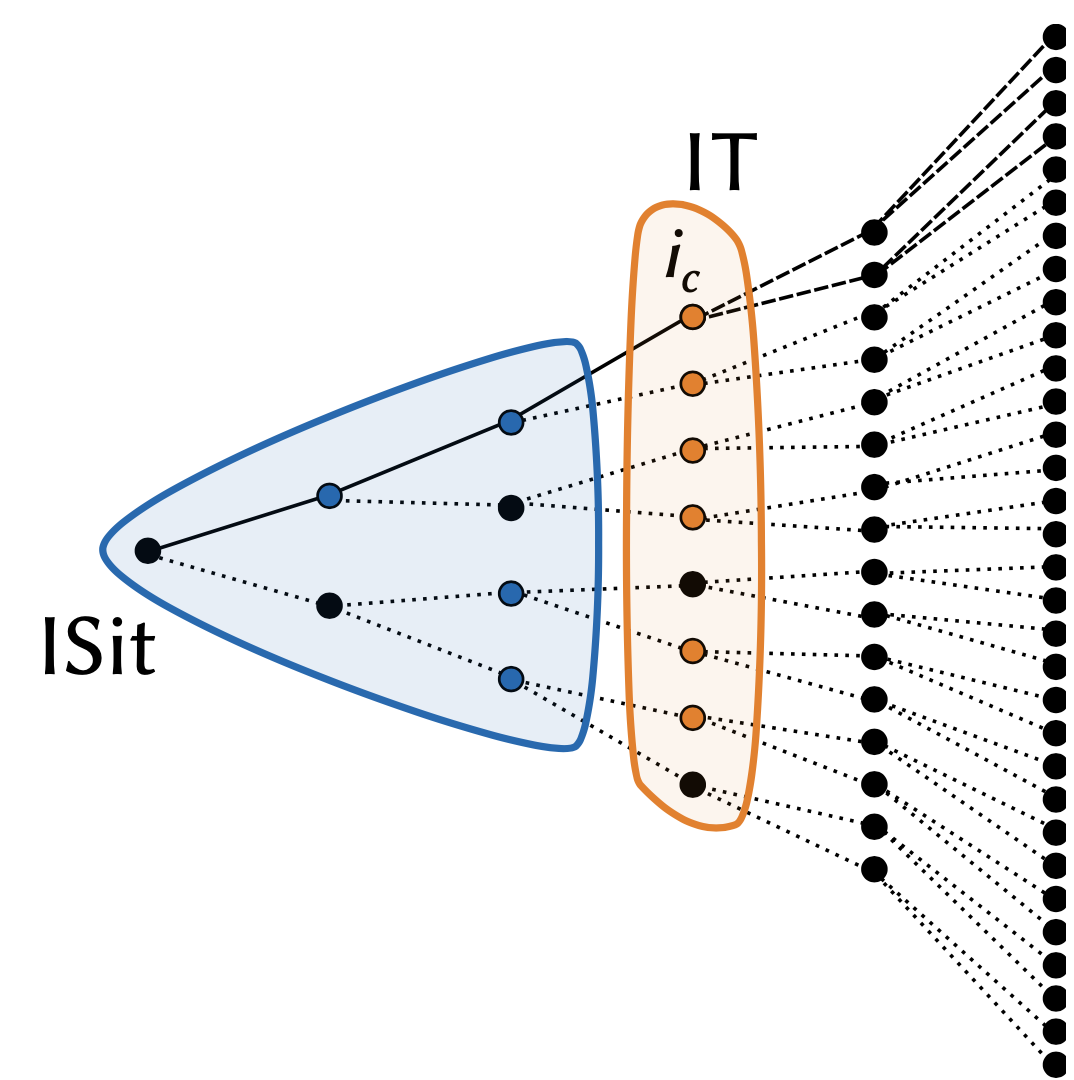
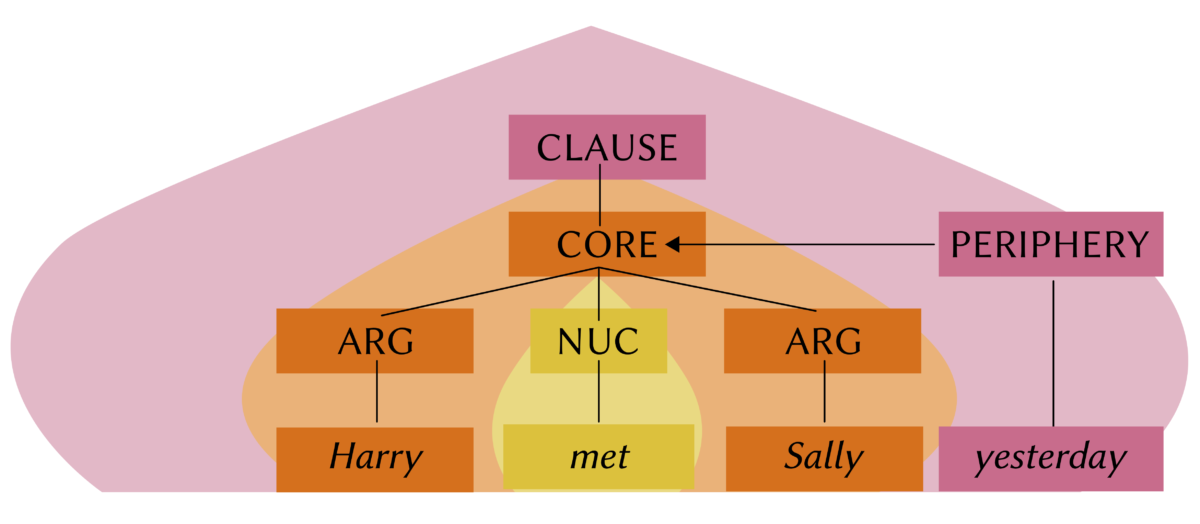
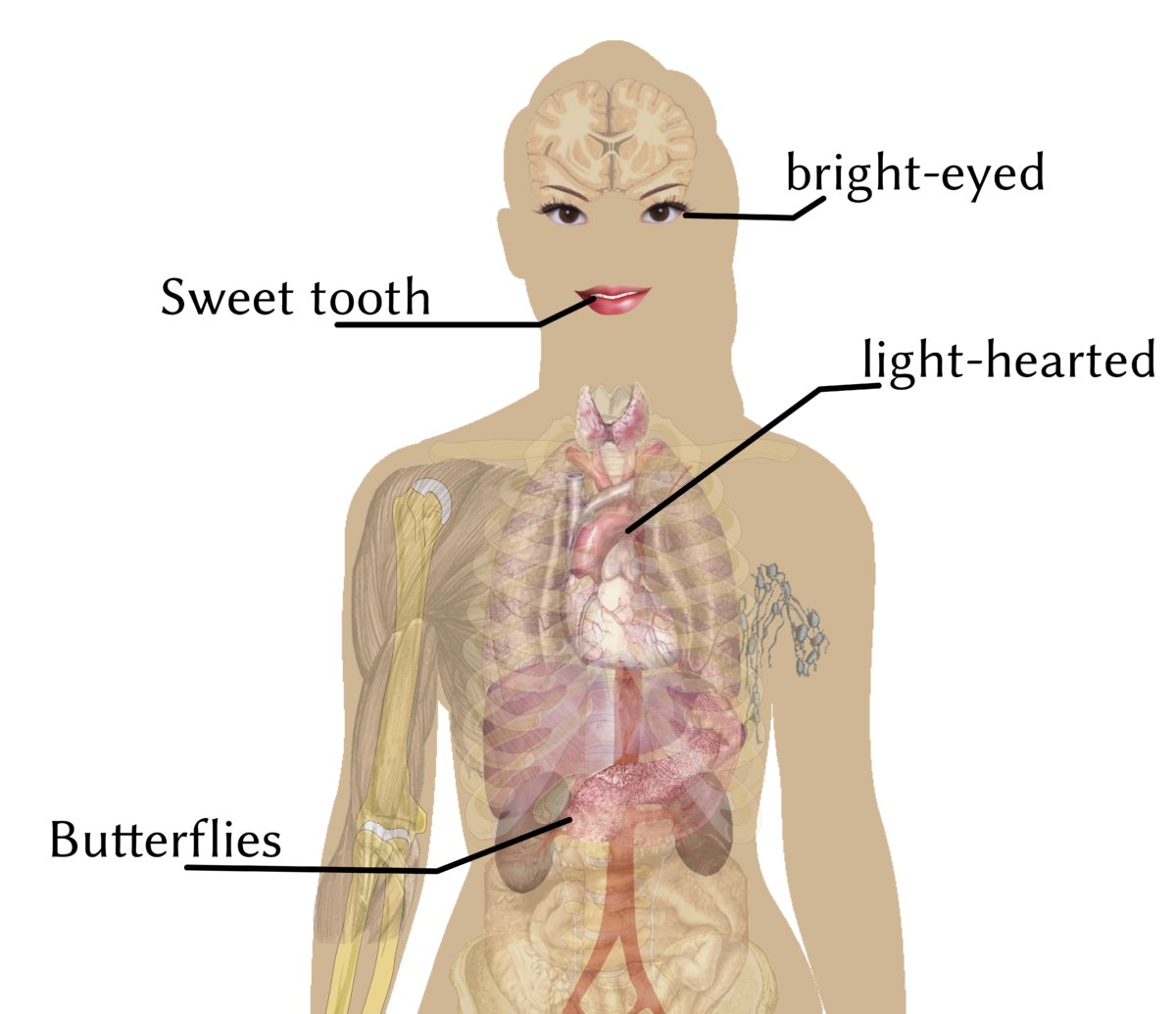
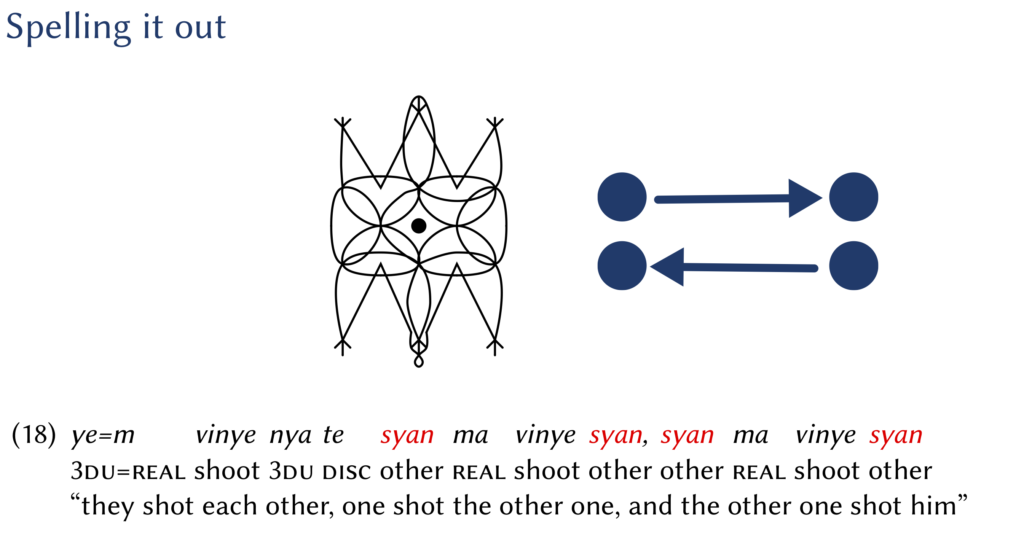
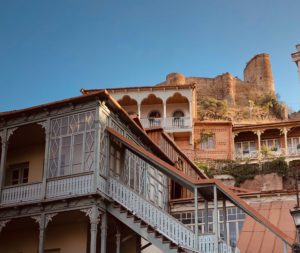
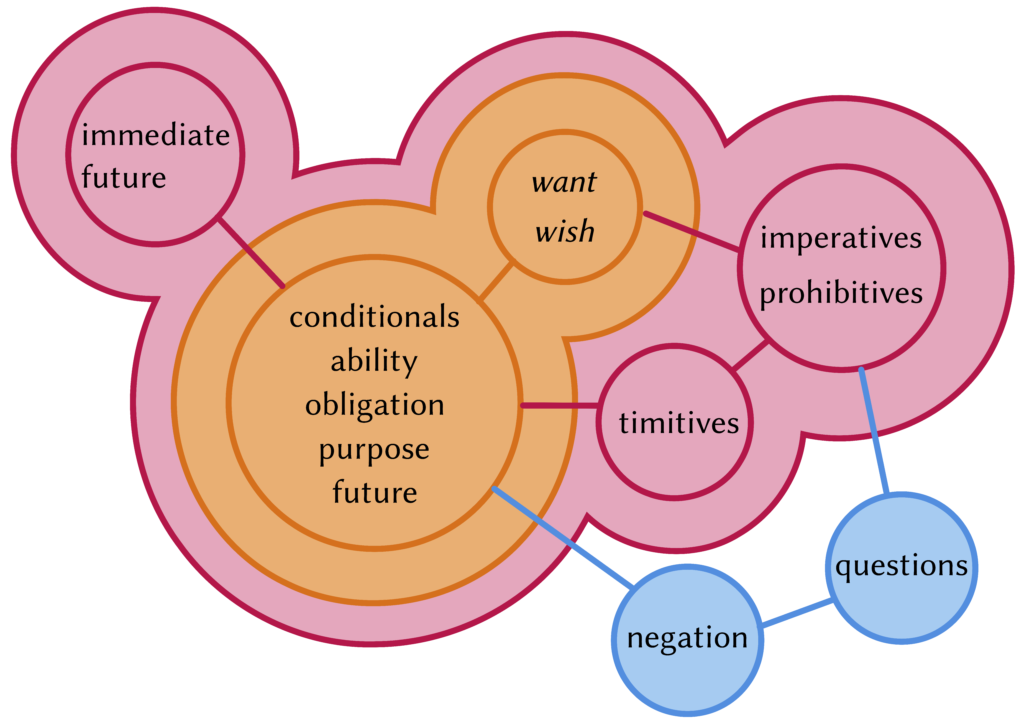
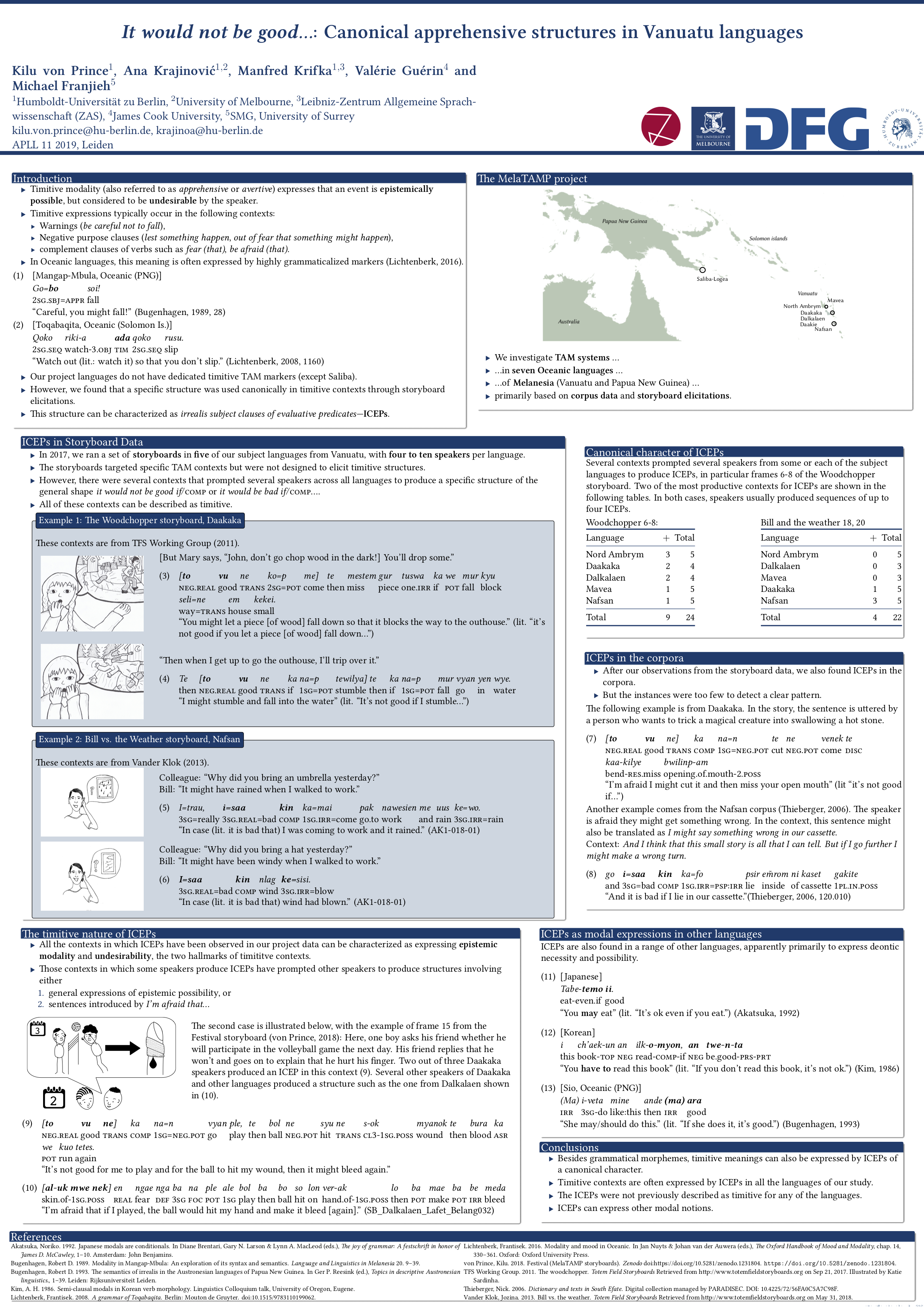 My colleagues Ana Krajinović and Manfred Krifka are currently at APLL in Leiden to present our joint work on timitive structures in Oceanic, which have the shape it’s not good/it’s bad if… . Timitive modality is a category often found in Oceanic, which typically occurs in warnings (Watch out, you might fall!) or negative purpose clauses (You should take an umbrella, lest you get wet!). Download the poster
My colleagues Ana Krajinović and Manfred Krifka are currently at APLL in Leiden to present our joint work on timitive structures in Oceanic, which have the shape it’s not good/it’s bad if… . Timitive modality is a category often found in Oceanic, which typically occurs in warnings (Watch out, you might fall!) or negative purpose clauses (You should take an umbrella, lest you get wet!). Download the poster